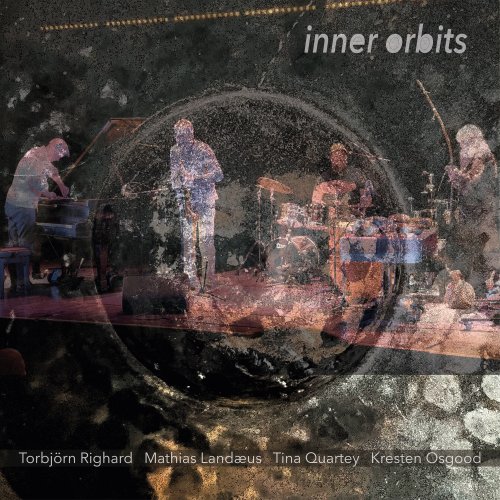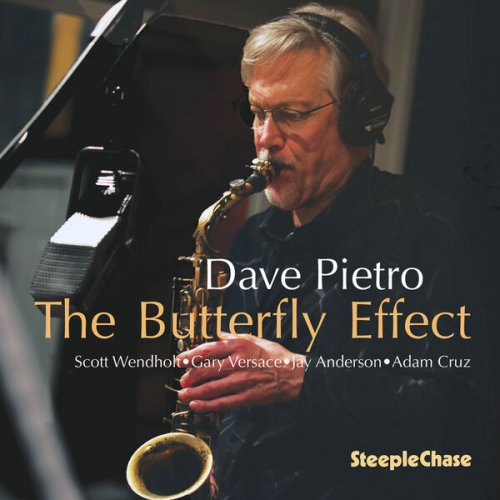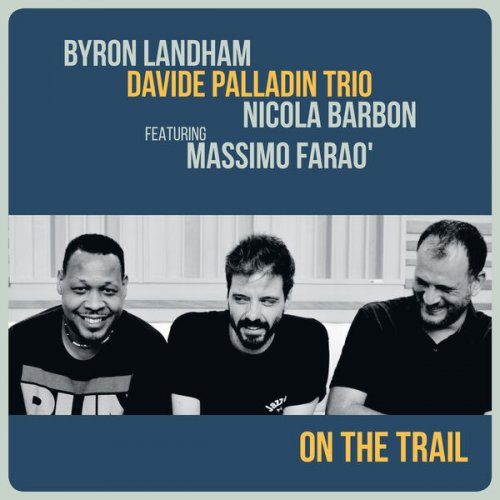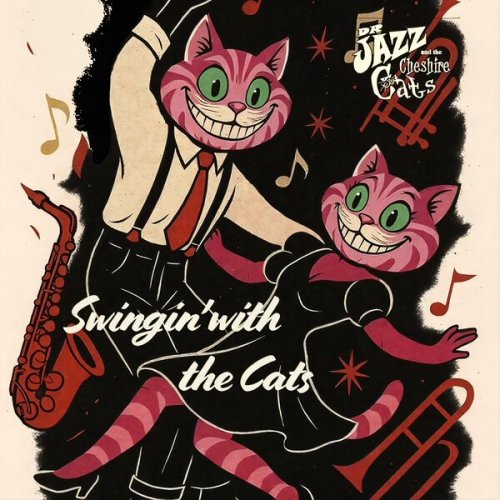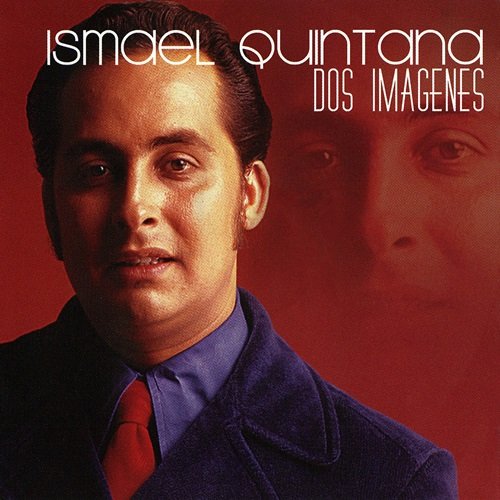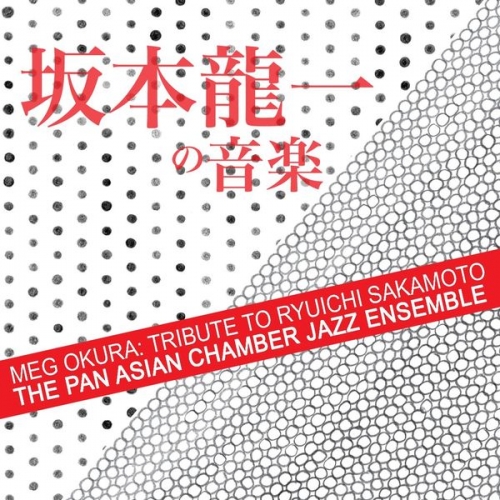Arsys Bourgogne, Concerto Koln & Pierre Cao - Haendel: Israel in Egypt (2010)
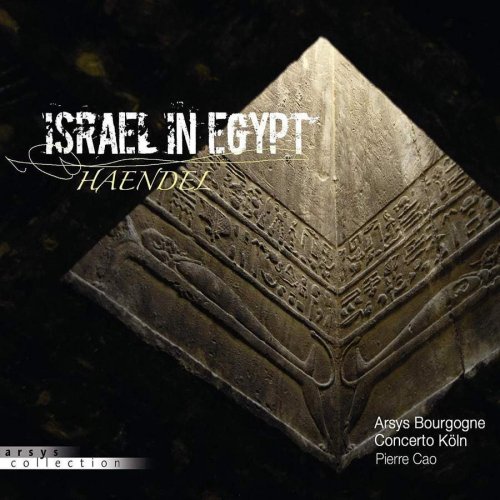
Artist: Arsys Bourgogne, Concerto Koln & Pierre Cao
Title: Haendel: Israel in Egypt
Year Of Release: 2010
Label: Eloquentia
Genre: Classical
Quality: FLAC (image + .cue, log, artwork)
Total Time: 1:28:13
Total Size: 415 MB
WebSite: Album Preview
Tracklist:Title: Haendel: Israel in Egypt
Year Of Release: 2010
Label: Eloquentia
Genre: Classical
Quality: FLAC (image + .cue, log, artwork)
Total Time: 1:28:13
Total Size: 415 MB
WebSite: Album Preview
Disc 1
01. ISRAEL IN EGYPT, oratorio, HWV 54 (version 1739) - Symphony
02. PART ONE: EXODUS. Recitative (Tenor): “Now there arose a new king over Egypt”
03. Solo and chorus: “And the children of Israel sighed”
04. Recitative (Tenor): “Then sent he Moses”
05. Chorus: “They loathed to drink of the river”
06. Air (Alto): “Their land brought forth frogs”
07. Chorus: “He spake the word”
08. Chorus: “He gave them hailstones for rain”
09. Chorus: “He sent a thick darkness”
10. Chorus: “He smote all the first-born of Egypt”
11. Chorus: “But as for his people”
12. Chorus: “Egypt was glad when they departed”
13. Chorus: “He rebuked the Red Sea”
14. Chorus: “And Israel saw that great work”
Disc 2
01. PART TWO: MOSES' SONG. Introitus (Chorus): “Moses and the children of Israel”
02. Duet (Soprano 1 & 2): “The Lord is my strength”
03. Chorus: “He is my God”
04. Duet (Bass 1 & 2): “The Lord is a man of war”
05. Chorus: “The depths have covered them”
06. Chorus: “Thy right hand”
07. Chorus: “And with the blast of thy nostrils”
08. Air (Tenor): “The ennemy said”
09. Air (Soprano): “Thou didst blow with the wind”
10. Chorus: “Who is like unto thee”
11. Duet (Alto, Tenor): “Thou in thy mercy”
12. Chorus: “The people shall hear”
13. Air (Alto): “Thou shalt bring them in”
14. Chorus: “The Lord shall reign”
15. Recitative (Tenor): “For the horse of Pharaoh”
16. Chorus: “The Lord shall reign”
17. Recitative (Tenor): “And Miriam the Prophetess”
18. Solo and chorus: “Sing ye to the Lord”
Live recording from Philharmonie Luxembourg, Théatre des Champs Elysées, Auditorium Dijon, October 2009.
For more than two and a half centuries Israel in Egypt has remained an exceptional choral work. Of all the oratorios written by the composer, none, not even Messiah attains the variety of its choral and orchestral writing.
Nowhere else except in his Dixit Dominus does Handel demand so much of the singers of the double chorus. The dramatic potential of the chorus is exploited down to the smallest detail through the use of scoring mostly for eight voices, thus accentuating the effects of mass and contrast. Every device in the choral arsenal is brought into play, including fugue and double fugue, recitative, arioso, homophonic declamation, and the figuralism (word-painting) is taken to the extreme. The two choruses interpolate and the colourful orchestral accompaniment is of a power that is rare.
For more than two and a half centuries Israel in Egypt has remained an exceptional choral work. Of all the oratorios written by the composer, none, not even Messiah attains the variety of its choral and orchestral writing.
Nowhere else except in his Dixit Dominus does Handel demand so much of the singers of the double chorus. The dramatic potential of the chorus is exploited down to the smallest detail through the use of scoring mostly for eight voices, thus accentuating the effects of mass and contrast. Every device in the choral arsenal is brought into play, including fugue and double fugue, recitative, arioso, homophonic declamation, and the figuralism (word-painting) is taken to the extreme. The two choruses interpolate and the colourful orchestral accompaniment is of a power that is rare.
